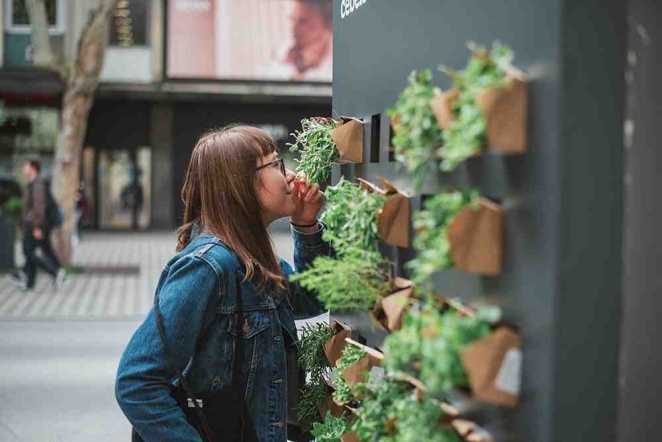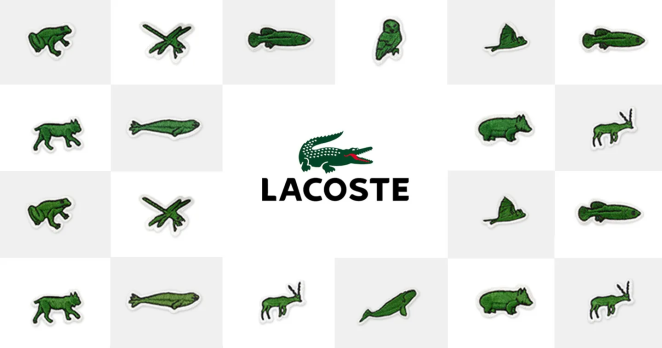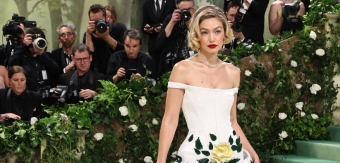We all like to think we’re making the world a better place. At very least, we’d like to think we’re not actively making it worse. The same is true of a brand. You want your brand to be a positive influence, not only for the sake of your reputation but for the sake of the wider world and your place within it. For so many brands, the answer, in recent years at least, has been investing in sustainability.
Sustainability, however, can be both a strategic tool and a potential minefield to negotiate. Treading that fine line between genuine commitment and perceived hypocrisy is a risky game and while some have managed to weave between the nuances and complexities involved in crafting a sustainable brand, many more have not been so successful.

One brand that nailed it recently is A1 Telekom. Their campaign developing urban gardens to support city-dwelling bees in Slovenia is an exemplary model of integrating traditional and digital marketing to foster sustainability while engaging the community. The campaign used the country's beekeeping heritage and environmental ethos (not to mention the fact it dropped on World Bee Day) to its advantaged, gaining substantial social media traction and community involvement.
The Body Shop, meanwhile, which is a brand known for its green credentials, made sincere attempts to rectify that fact that the beauty industry generates billions of pieces of disposable plastic every year. The innovative brand partnered with TerraCycle to install product recycling bins in store locations worldwide — an ongoing program that motivates customers to return their empties in exchange for a redeemable discount voucher. The brand, however, is not exactly exempt from contributing to the issue, as it was found they do still use some virgin plastics in their products.
Lacoste’s "Save Our Species" campaign, meanwhile, is a more blatant example of a brand feeling the fallout of sustainable hypocrisy. It saw the brand replacing its iconic crocodile logo with images of endangered species on a series of limited-edition polo shirts, demonstrating a bold commitment to conservation. Despite its success and the global media coverage, however, the brand later faced major scrutiny regarding its poor overall sustainability ratings, highlighting the precarious balance between campaign impact and broader corporate practices.

These campaigns underline a critical point: the effectiveness of a sustainable initiative isn't solely judged by its creativity or immediate impact, but also by the authenticity and consistency of the brand’s overall practices. A consumers' perceptions of quality and trust in a brand significantly depend on the consistency and clarity of a company’s sustainable practices.
The prevalence of hypocrisy in various sectors, from celebrities advocating modesty while living lavishly to health gurus not practicing what they preach, serves as a cautionary tale for brands. Just look at the backlash Taylor Swift felt recently when it was revealed she was one of the biggest personal polluters on the planet thanks to her regular private jet travels, sometimes just to watch her American football star boyfriend play a game.
The lesson is clear: align initiatives closely with genuine business practices, ensure transparency, and continuously engage and listen to consumer feedback to maintain trust. The public’s sensitivity to discrepancies has heightened substantially in recent years and it’s up to us to ensure those discrepancies disappear. They demand more transparency and consistency from brands professing sustainable values, whether that brand is a clothing label or a pop star.




